- Browse
- Marine Biology
Marine Biology Courses
Marine biology courses can help you learn about marine ecosystems, species identification, oceanography, and conservation strategies. You can build skills in field research techniques, data collection, and species monitoring. Many courses introduce tools like GIS software for mapping habitats, underwater drones for exploration, and laboratory equipment for analyzing water quality, all essential for conducting research and contributing to marine conservation efforts.
Popular Marine Biology Courses and Certifications
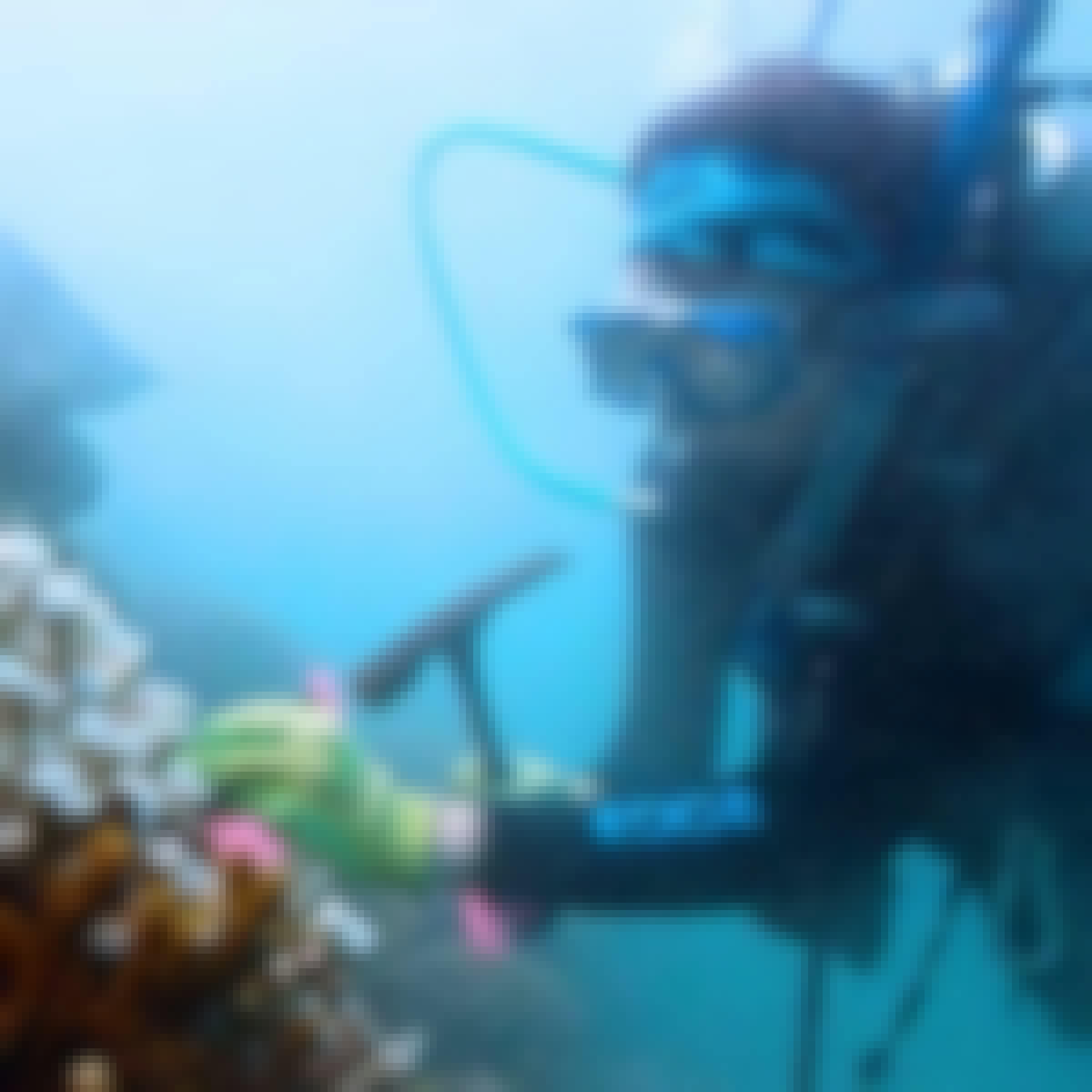 Status: PreviewPreviewA
Status: PreviewPreviewAAmerican Museum of Natural History
Skills you'll gain: Life Sciences, Biology, Environmental Science, Environment, Biochemistry, Physiology, Hydrology, Environmental Issue, Anatomy, Water Quality, Behavioral Health, Research
4.8·Rating, 4.8 out of 5 stars594 reviewsBeginner · Course · 1 - 3 Months
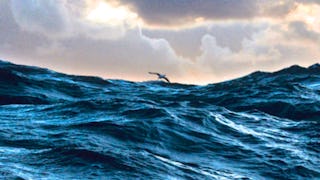 Status: PreviewPreviewU
Status: PreviewPreviewUUniversitat de Barcelona
Skills you'll gain: Hydrology, Global Positioning Systems, Physical Science, Water Resources, Water Quality, Geographic Information Systems, Geospatial Information and Technology, Chemistry, Environment, Environmental Science, Mechanics, Systems Of Measurement, Climate Change Mitigation, Remote Access Systems
4.5·Rating, 4.5 out of 5 stars287 reviewsMixed · Course · 1 - 3 Months
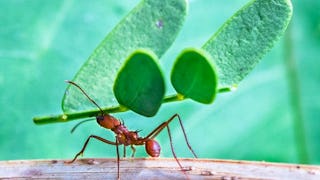 Status: Free TrialFree TrialR
Status: Free TrialFree TrialRRice University
Skills you'll gain: Biology, Environment, Microbiology, Environmental Science, Life Sciences, Environmental Issue, Sustainable Development, Natural Resource Management, Physiology, Molecular Biology, Taxonomy, Cell Biology, Anatomy, Climate Change Adaptation, Estimation, Scientific Methods, Climate Change Mitigation, Experimentation
4.8·Rating, 4.8 out of 5 stars278 reviewsBeginner · Specialization · 3 - 6 Months
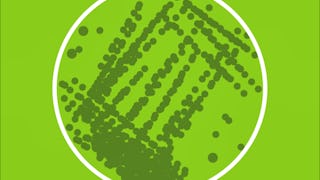 U
UUniversity of California San Diego
Skills you'll gain: Biotechnology, Biochemistry, Manufacturing and Production, Food and Beverage, Sustainable Design, Chemical Engineering, Pharmaceuticals, Environment and Resource Management, Biology, Taxonomy, Environmental Science, Microbiology, Process Engineering, Laboratory Testing
4.7·Rating, 4.7 out of 5 stars1.2K reviewsIntermediate · Course · 1 - 3 Months
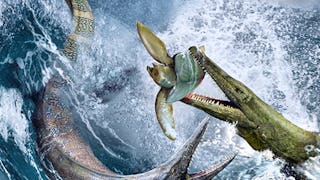 Status: PreviewPreviewU
Status: PreviewPreviewUUniversity of Alberta
Skills you'll gain: Biology, Life Sciences, Taxonomy
4.9·Rating, 4.9 out of 5 stars1.3K reviewsMixed · Course · 1 - 4 Weeks
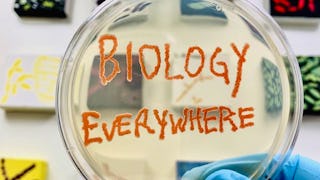 Status: Free TrialFree TrialU
Status: Free TrialFree TrialUUniversity of Colorado Boulder
Skills you'll gain: Biochemistry, Chemistry, Biology, General Science and Research, Molecular Biology, Scientific Methods, Water Quality, Nutrition and Diet
4.5·Rating, 4.5 out of 5 stars239 reviewsBeginner · Course · 1 - 4 Weeks
What brings you to Coursera today?
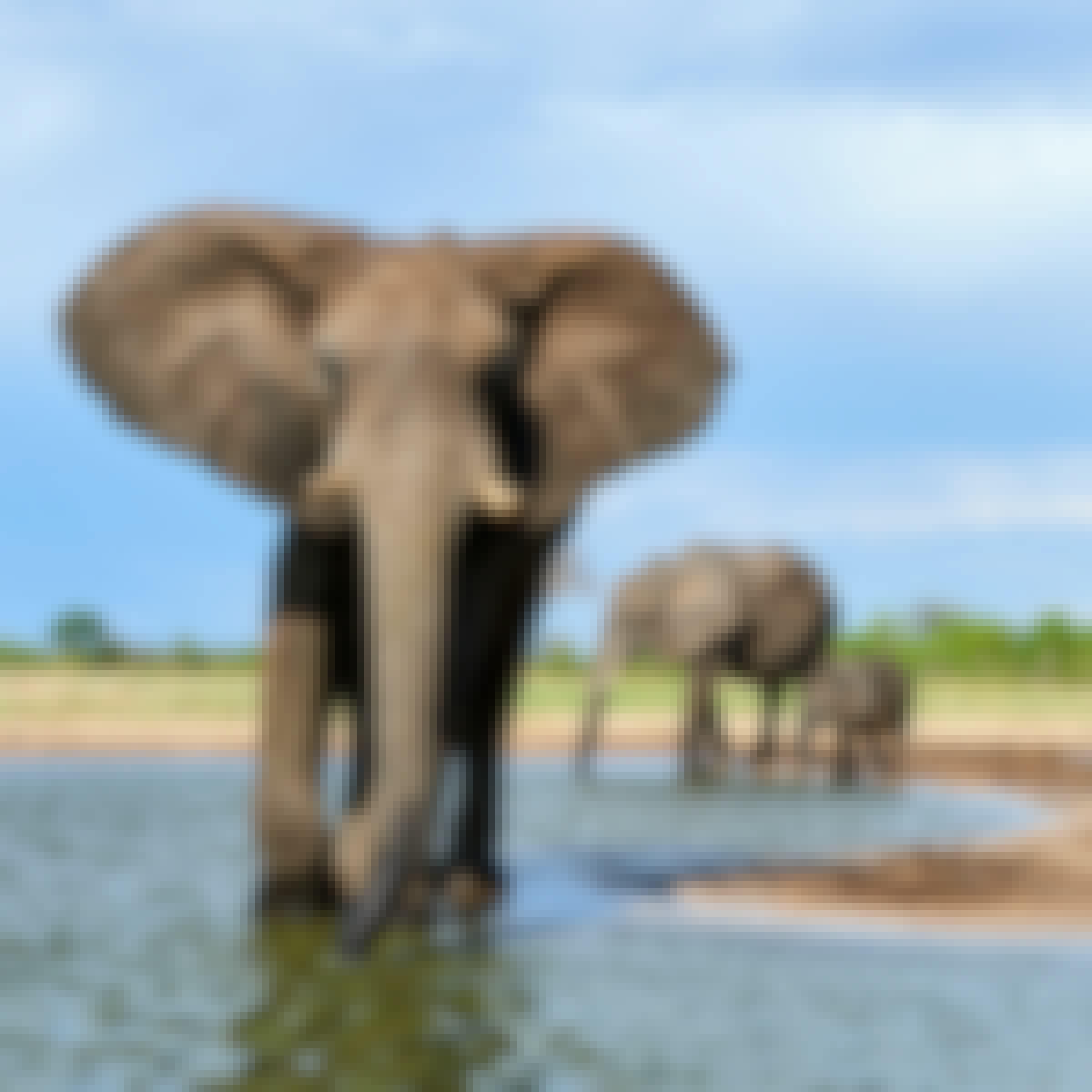 Status: PreviewPreviewA
Status: PreviewPreviewAAmerican Museum of Natural History
Skills you'll gain: Environment, Systems Thinking, Environmental Science, Natural Resource Management, Environmental Resource Management, Biology, Sustainable Development, Environmental Engineering and Restoration, Case Studies, Mathematical Modeling
4.8·Rating, 4.8 out of 5 stars3.4K reviewsIntermediate · Course · 1 - 3 Months
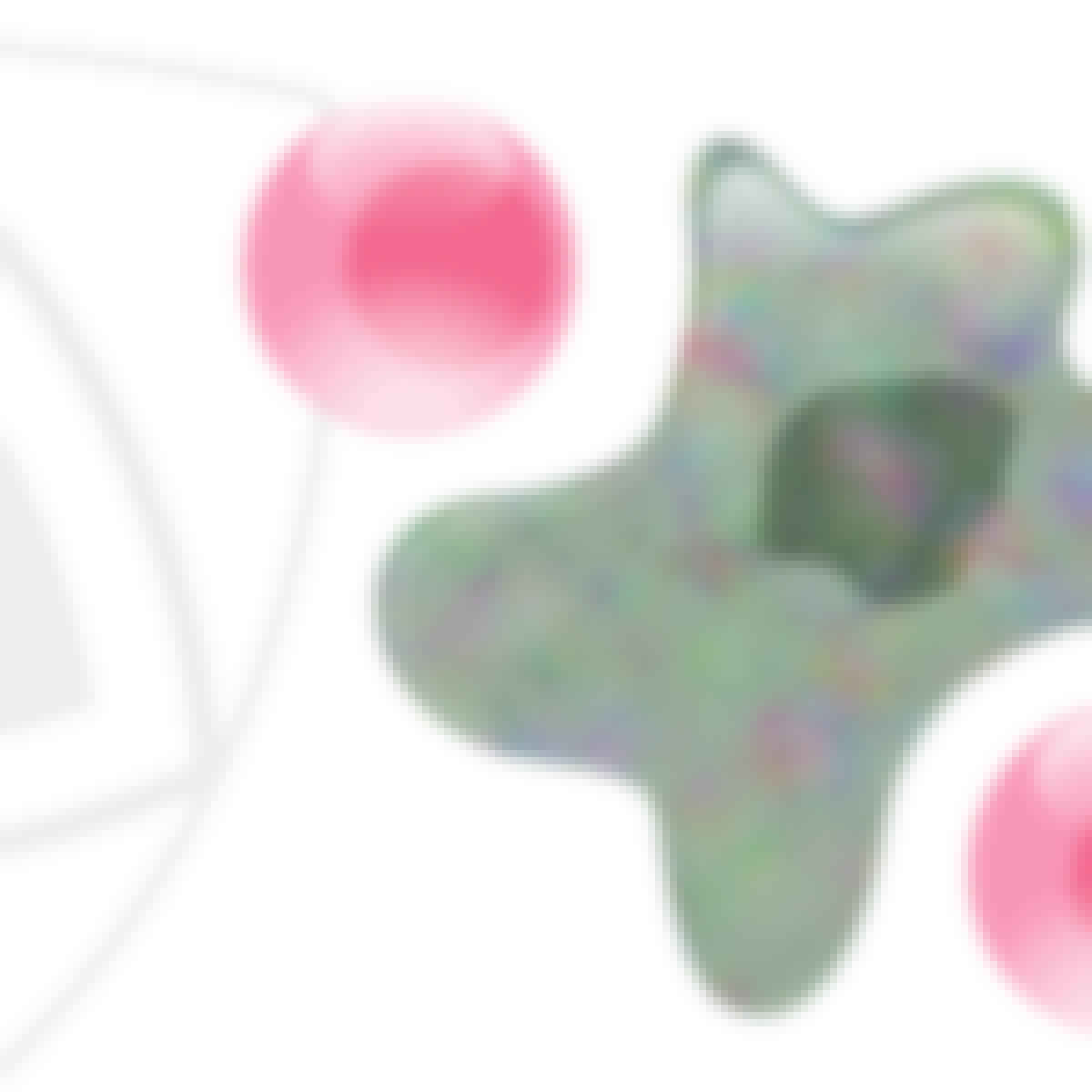 Status: Free TrialFree TrialJ
Status: Free TrialFree TrialJJohns Hopkins University
Skills you'll gain: Oncology, Medical Imaging, Diagnostic Radiology, Molecular Biology, Clinical Trials, Radiation Therapy, Cell Biology, Treatment Planning, Pathology, Epidemiology, Biology, Risk Analysis, Surgery
4.8·Rating, 4.8 out of 5 stars7.8K reviewsBeginner · Course · 1 - 3 Months
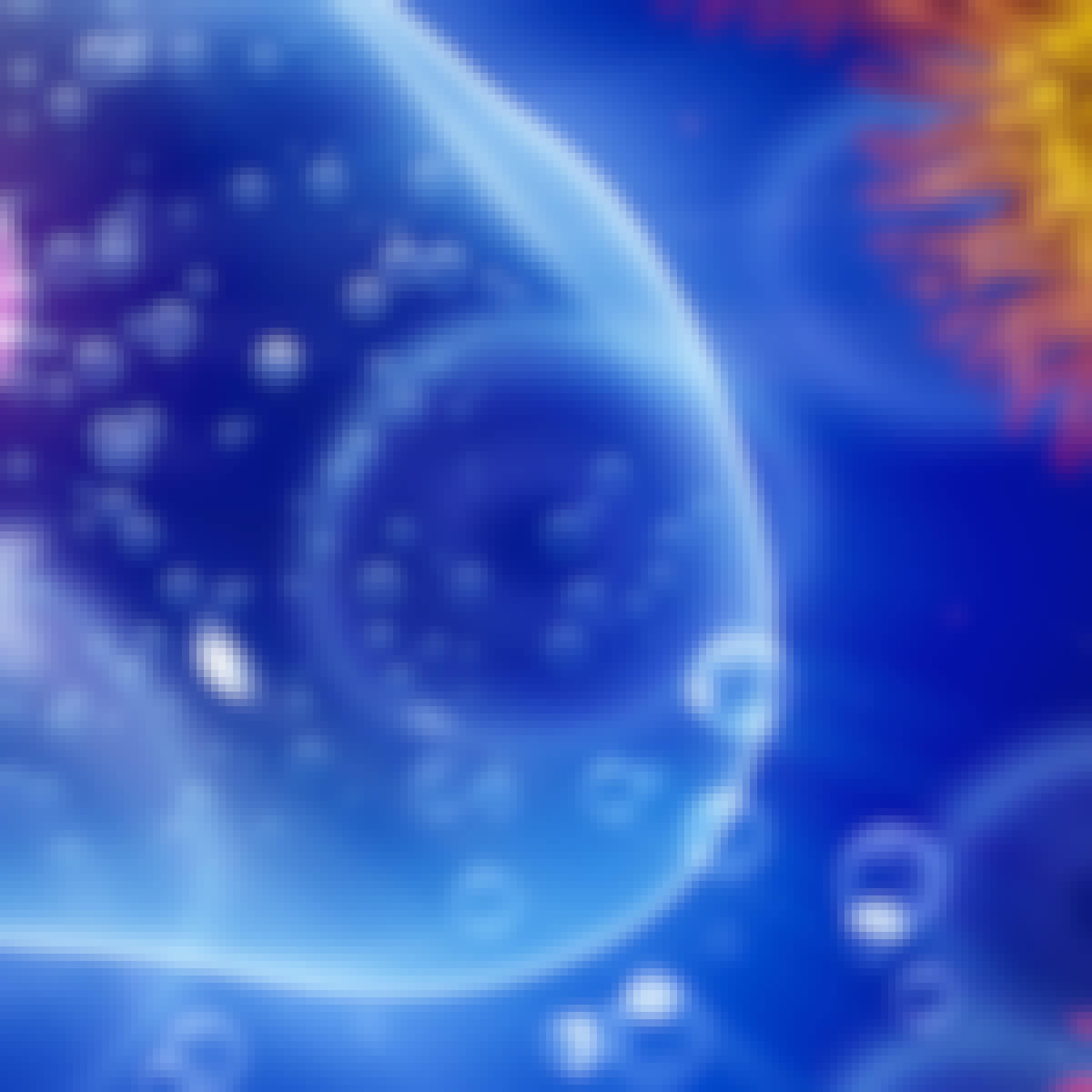 Status: PreviewPreviewU
Status: PreviewPreviewUUniversity of North Texas
Skills you'll gain: Life Sciences, Biology, Cell Biology, Molecular Biology, Biochemistry, Environment, Environmental Science, General Science and Research, Chemistry, Experimentation
4.7·Rating, 4.7 out of 5 stars98 reviewsMixed · Course · 1 - 4 Weeks
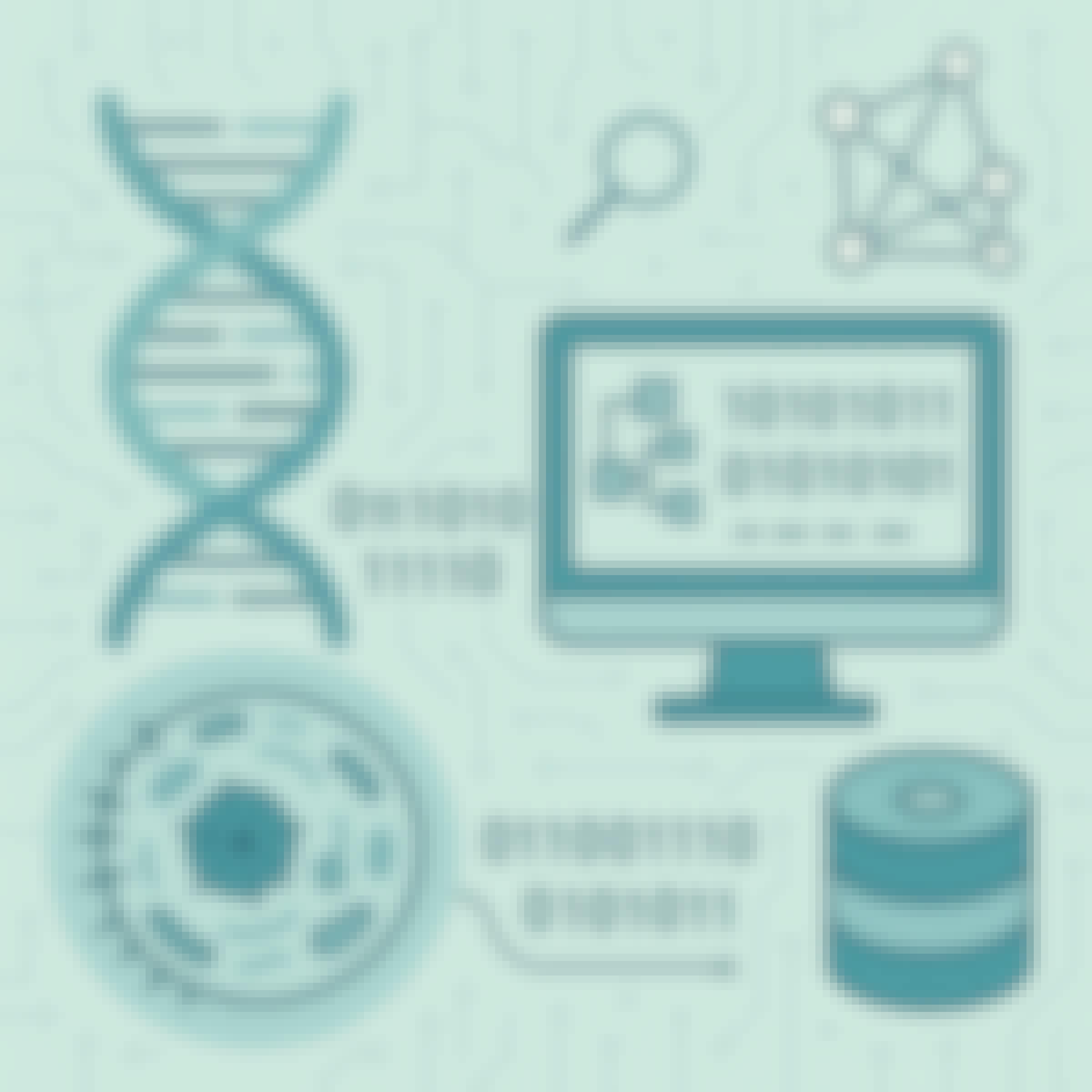 Status: PreviewPreviewB
Status: PreviewPreviewBBirla Institute of Technology & Science, Pilani
Skills you'll gain: Bioinformatics, Biotechnology, Data Management, Biostatistics, Data Mining, Applied Machine Learning, Unsupervised Learning, R Programming, Scientific Visualization, Data Preprocessing, Correlation Analysis, Chemical and Biomedical Engineering, Dimensionality Reduction, Computational Thinking, Markov Model, Algorithms
3.7·Rating, 3.7 out of 5 stars6 reviewsBeginner · Course · 1 - 3 Months
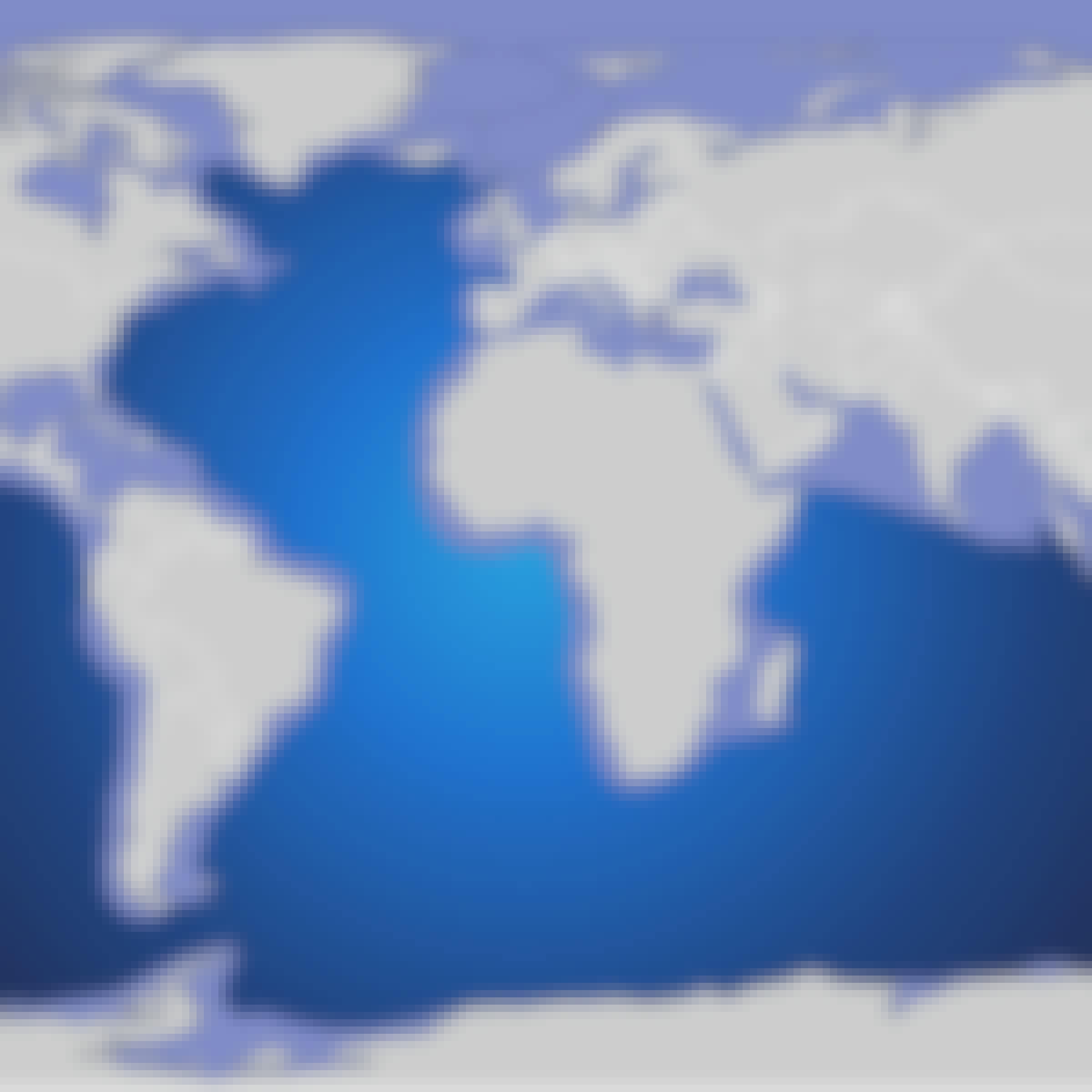 Status: PreviewPreviewU
Status: PreviewPreviewUUniversity of Cape Town
Skills you'll gain: Sustainable Development, Environment and Resource Management, Natural Resource Management, Water Resource Management, Environmental Science, Social Sciences, Environmental Policy, Governance, Environmental Monitoring, Case Studies, Socioeconomics, International Relations
4.8·Rating, 4.8 out of 5 stars311 reviewsIntermediate · Course · 1 - 3 Months
 Status: PreviewPreviewK
Status: PreviewPreviewKKorea Advanced Institute of Science and Technology(KAIST)
Skills you'll gain: Physiology, Endocrinology, Biochemistry, Cell Biology, Pathology, Biology, Nutrition and Diet, Chronic Diseases, Oncology
4.8·Rating, 4.8 out of 5 stars831 reviewsBeginner · Course · 1 - 3 Months
Searches related to marine biology
In summary, here are 10 of our most popular marine biology courses
- Marine Biology: American Museum of Natural History
- Oceanography: a key to better understand our world: Universitat de Barcelona
- Introduction to Biology: Ecology, Evolution, & Biodiversity: Rice University
- Introduction to Algae: University of California San Diego
- Paleontology: Ancient Marine Reptiles: University of Alberta
- Biology Everywhere Foundations: University of Colorado Boulder
- Ecology: Ecosystem Dynamics and Conservation: American Museum of Natural History
- Introduction to the Biology of Cancer: Johns Hopkins University
- Contemporary Biology : University of North Texas
- Introduction to Bioinformatics: Birla Institute of Technology & Science, Pilani
Frequently Asked Questions about Marine Biology
Marine biology is the study of ocean ecosystems, marine organisms, and their interactions with the environment. This field is crucial for understanding biodiversity, the health of marine habitats, and the impact of human activities on the oceans. As our planet faces challenges like climate change and pollution, marine biology plays a vital role in conservation efforts and sustainable resource management.
A variety of career paths are available in marine biology, including roles such as marine biologist, oceanographer, environmental consultant, and research scientist. Positions can be found in academia, government agencies, non-profit organizations, and private industry. These roles often involve fieldwork, laboratory research, and policy advocacy, contributing to the protection and understanding of marine environments.
To pursue a career in marine biology, essential skills include scientific research methods, data analysis, and proficiency in statistics. Familiarity with marine ecosystems, species identification, and environmental regulations is also important. Additionally, skills in communication and teamwork are valuable, as marine biologists often collaborate with other scientists and stakeholders.
Some of the best online marine biology courses include the Marine Biology course, which provides foundational knowledge about marine ecosystems and organisms. Other relevant options are the Biology Everywhere Specialization, which covers broader biological concepts, and the Introduction to Biology: Ecology, Evolution, & Biodiversity Specialization that includes marine topics.
Yes. You can start learning marine biology on Coursera for free in two ways:
- Preview the first module of many marine biology courses at no cost. This includes video lessons, readings, graded assignments, and Coursera Coach (where available).
- Start a 7-day free trial for Specializations or Coursera Plus. This gives you full access to all course content across eligible programs within the timeframe of your trial.
If you want to keep learning, earn a certificate in marine biology, or unlock full course access after the preview or trial, you can upgrade or apply for financial aid.
To learn marine biology, start by enrolling in introductory courses that cover the basics of marine ecosystems and organisms. Engage with online resources, participate in discussions, and consider hands-on experiences like internships or volunteer opportunities. Building a network with professionals in the field can also enhance your learning journey.
Typical topics covered in marine biology courses include marine ecology, oceanography, marine organism physiology, and conservation strategies. Courses may also explore the impact of climate change on marine life, biodiversity, and the role of marine environments in global ecosystems.
For training and upskilling employees in marine biology, courses like the Marine Biology course are beneficial. Additionally, the Biology Everywhere Specialization provides a comprehensive understanding of biological principles that can be applied in various marine contexts.










